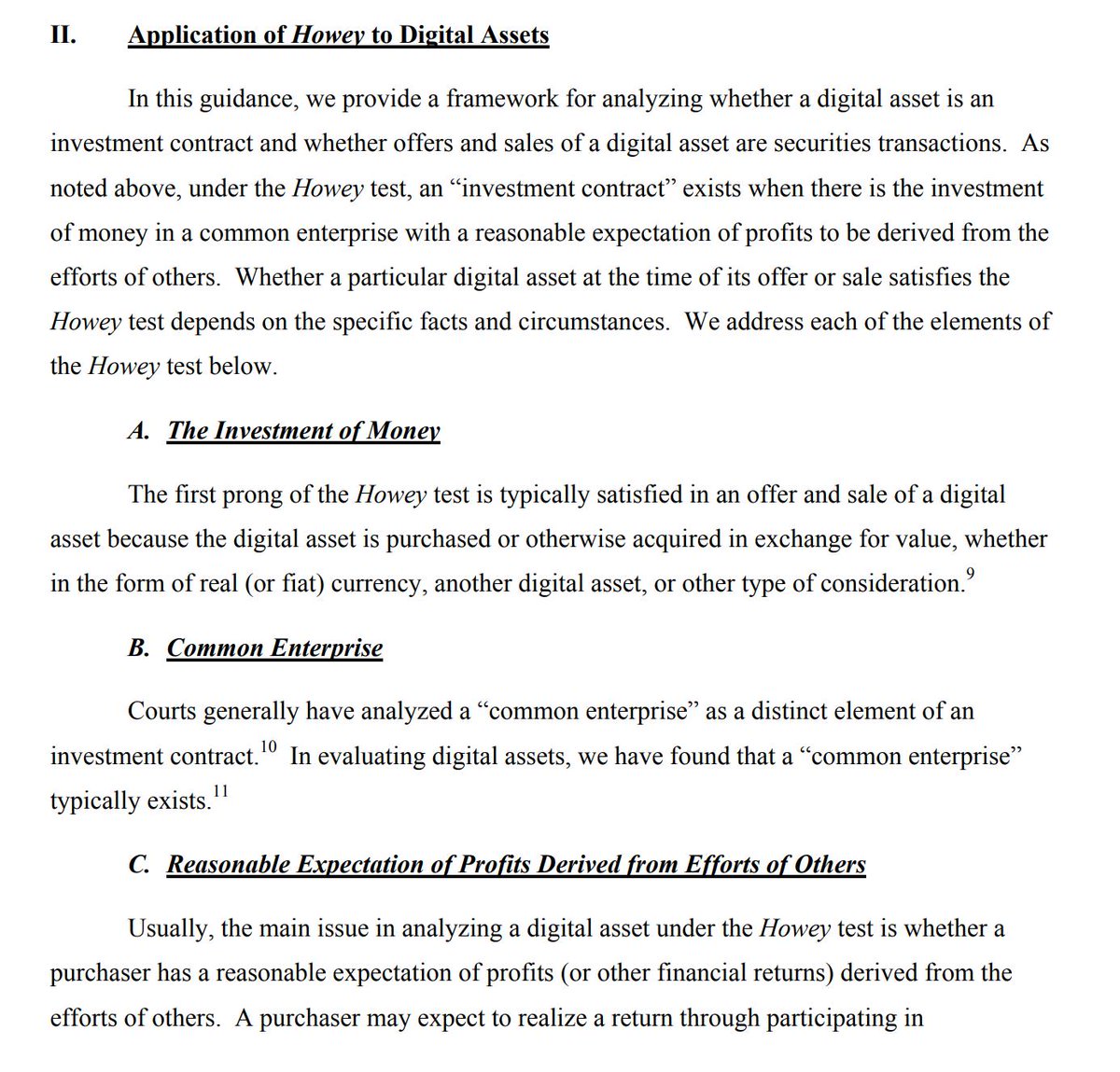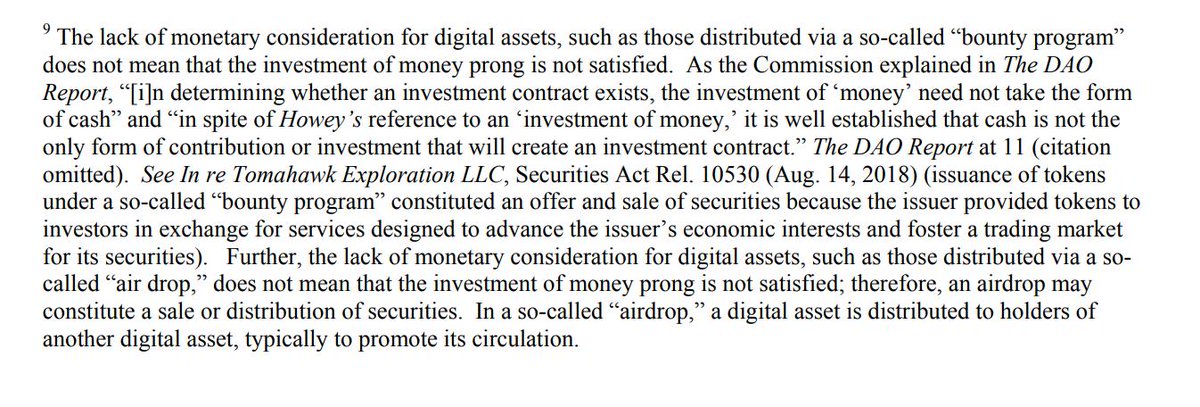Both chambers of Congress brutalized Facebook, but true cryptocurrencies came out looking pretty good. My takeaways from this week below.
Thread 👇
- Libra's whitepaper (libra.org/en-US/white-pa…)
- @TechCrunch's summary (techcrunch.com/2019/06/18/fac…)
- @CaitlinLong_'s testimony (forbes.com/sites/caitlinl…)
- @CoinCenter's article distinguishing Libra & Bitcoin (coincenter.org/entry/the-diff…)
@DavidMarcus was in the hot seat answering questions. He did a good job considering Facebook doesn't have a great reputation in DC these days.
Many spent their time recounting the company's failings instead of asking about Libra. Most were openly suspicious of its motivations. Some could even be accused of grandstanding.
For better or worse, that's just the political theater of DC. Some Members are there to be heard, not to listen. It's a chance to generate sound bites.
But we also got to hear from some of our pro-crypto favorites, like @RepTomEmmer, @RepBillFoster, @WarrenDavidson & @PatrickMcHenry.
That's great. It means we have time to be thoughtful & develop consensus across the aisle. I hope we make the most of it.
Most importantly, they appreciated the distinction between Libra & true cryptocurrencies like Bitcoin. That's a big victory.
Would Facebook infringe on users' privacy? Lose all their money? Exclude the competition? After all, why hide in Switzerland unless something sketchy is going on?
No one could say *which* regulators, though. Marcus was asked who should regulate Libra, but he didn't have an answer. Neither did the Members.
Could it be a bank? If so, what kind & where? Are its reserves a commodity pool? Are its tokens securities? Does that make it an investment company? Or maybe an ETF issuer?
And on, and on.
In Bitcoin, we don't have to trust a central entity to safeguard private transaction data, manage a fiat currency reserve, or promote healthy competition. These things largely take care of themselves.
"Interested in improving payments infrastructure, but don't trust Facebook? Let us show you the far superior, trust-minimized edition."
For one, the tired refrain that "crypto is for criminals" came up early & often. In particular, the Members wanted to know how Libra would prevent illegal activity & comply with AML/KYC requirements.
(Well, not really, since other wallets might not comply, but never mind that....)
I'd say our answer starts with @JerryBrito's "The Case for Electronic Cash: Why Private Peer-to-Peer Payments are Essential to an Open Society."
coincenter.org/entry/the-case…
It's a nuanced & practical argument, but not an easy one.
What do we say for crypto? Different people have different hopes & dreams for Bitcoin, but no doubt "global reserve status" is high on the list.
Like it or not, the government commands a lot of power & resources. It would be quite bad if crypto ownership was criminalized or networks were attacked.
In my view, Satoshi's absence is a feature, not a bug. But it also means *we* have to stand up and speak for ourselves. Luckily, we have some people who are awesome at that.
Notice how she focused on (1) the *economic* value of an open protocol & (2) the inevitability of *some* country realizing that value, just maybe not America. That's how you make the non-ideological case to politicians.
Maybe, maybe not. Facebook must've expected a couple tough hearings. It's part of the process in DC: first you pay your pound of flesh, then you get to work whipping up support.
But is it coming in 2020 as planned? I doubt that too.
[end]



